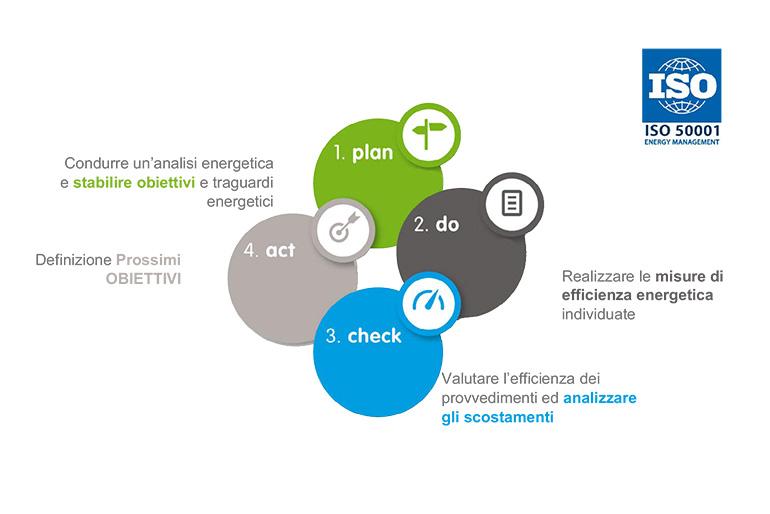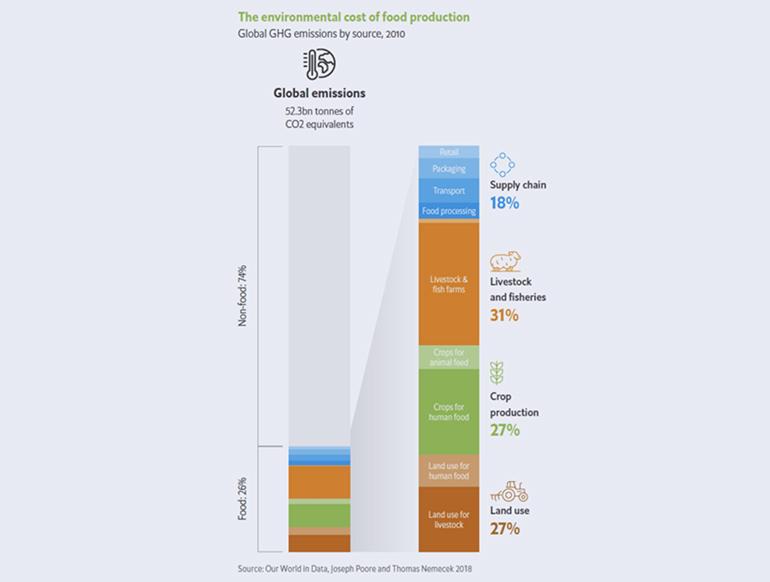Digitalisation and sustainability in the industrial world
The commendable work of technical dissemination on the part of ANIE Automazione continues with the recent publication of a white paper by the Industrial Software Working Group
Maurizio Cacciamani
Titled "Digitalisation and sustainability in the industrial world", the white paper drawn up by ANIE Automazione intends to provide the entrepreneurs and managers of small and medium industries “a clear and easy-to-use picture that sets out the contexts, technologies and reference operating models for approaching the difficult theme of sustainability” as described in the introduction.
![]() The volume, of 2 pages subdivided into 4 chapters plus an introduction, has been drawn up in partnership with Mauro Bellini, Director of ESG360 and Industry4Business of the Digital360 Group, and Nicola Saccani, Associate Professor at the RISE Laboratory – Department of Industrial and Mechanical Engineering at the University of Brescia and former coordinator of the ASAP Service Management Forum , with the contribution of Gianmarco Bressanelli, RISE Laboratory, University of Brescia.
The volume, of 2 pages subdivided into 4 chapters plus an introduction, has been drawn up in partnership with Mauro Bellini, Director of ESG360 and Industry4Business of the Digital360 Group, and Nicola Saccani, Associate Professor at the RISE Laboratory – Department of Industrial and Mechanical Engineering at the University of Brescia and former coordinator of the ASAP Service Management Forum , with the contribution of Gianmarco Bressanelli, RISE Laboratory, University of Brescia.
Summary of contents
- After the institutional presentation of ANIE AUTOMAZIONE, of the lndustrial Software Working Group chaired by Fabio Massimo Moretti and of the objectives of the White Paper, the first chapter is dedicated to "Sustainability". Many different areas are covered: how the Industry 4.0 industrial model is evolving into Industry 5.0 which is based on Sustainability, the Human Approach and Resilience; ESG (Environment Social Governance) and manufacturing: the way to transform sustainability into competitiveness; how ESG financing influenced by the evolution of consumers is benefitting sustainable companies; the Circular Economy: the 4 areas of action on which manufacturing firms need to focus (Redesign, Reconvert, Rethink business, and Reconfigure the supply chain); the role of the digital transformation towards the Circular Economy; End-of-life by design (Scope 3 and the importance of end-of-life recyclability); standards and certifying bodies: ISO 14040 for life-cycle analysis (LCA certification, PEP eco-passport and EPD, very important for the food industry); products, supply processes and customers – the advantages for those that ”win the race to net-zero”, that is, the race to achieve the best environmental impact possible.

- The second chapter deals with the "digitalisation" of both production processes and of the sustainable Supply Chain based on the sharing of information; the importance of the digital twin for design, sustainable production, maintenance and management; data and the 4 levels of their collection; the expertise required and training as a fundamental element.
- “Components of sustainability in industry" is the title of the third chapter in which the following themes are covered:
- efficient energy management (Energy Management and ISO 5001 Certification), the goals that Italy has set itself by 2030, the actions that a firm must complete in order to achieve carbon neutrality and the quantification, accounting and verification of the reduction of greenhouse gas emissions according to UNI EN ISO 14064-1:2019.
- Energy and the environment: not only energy-intensive companies, but also those in the food&beverage sector, have set up for some time sustainability programmes both in production and in distribution. - Organisation and involvement of people; new professional figures and expected labour needs.
- KPI (Key Performance Indicators), metrics and “units of measurement” for transforming sustainability into competitiveness is the last theme, accompanied by numerous tables.
- The last chapter is dedicated to the impact of sustainability on the supply chains of the Automotive, textile and agro-food sectors, with the latter being of particular importance in terms of cost for environmental ecosystems caused by the excessive length of the Supply Chains, causing waste and enormous levels of consumption.




















